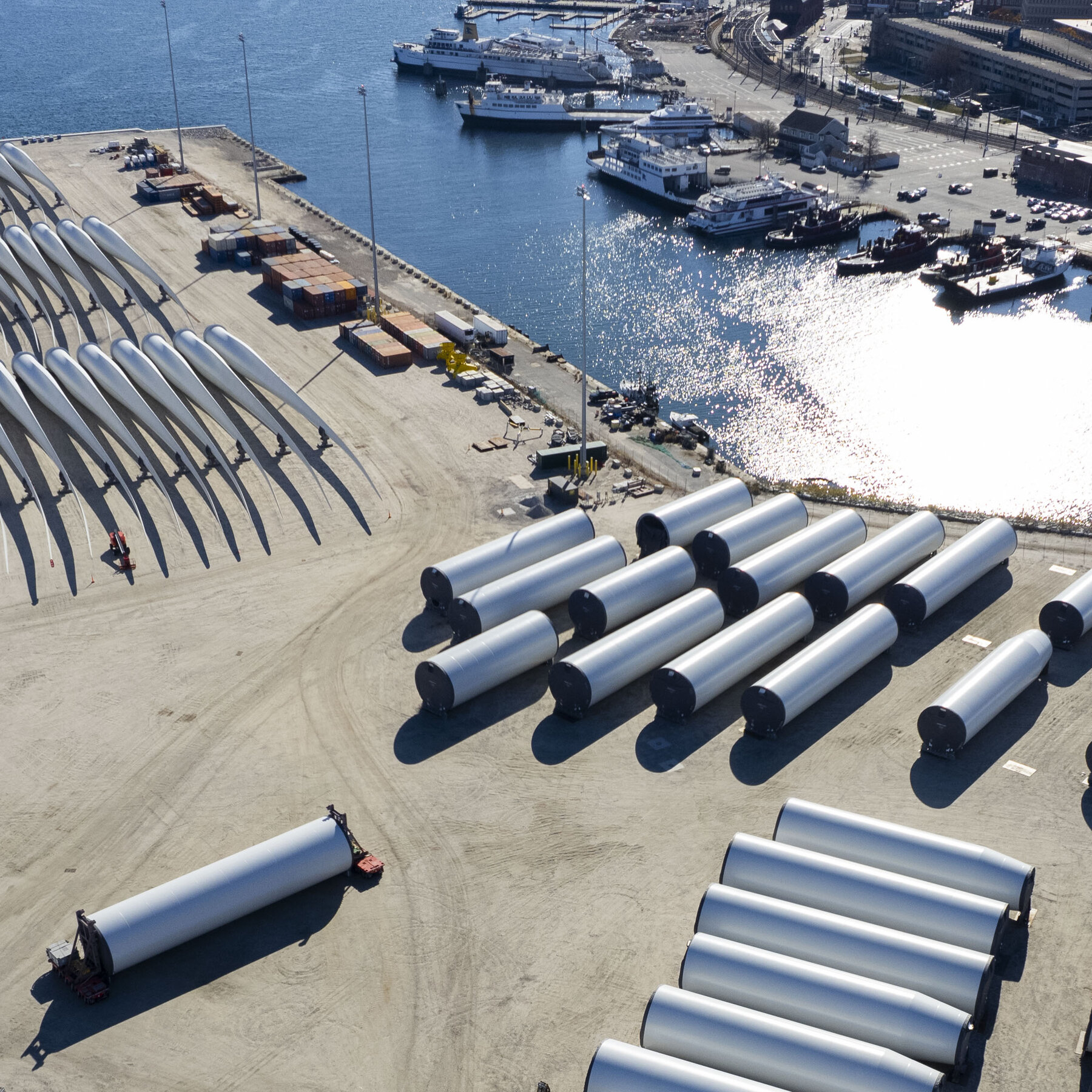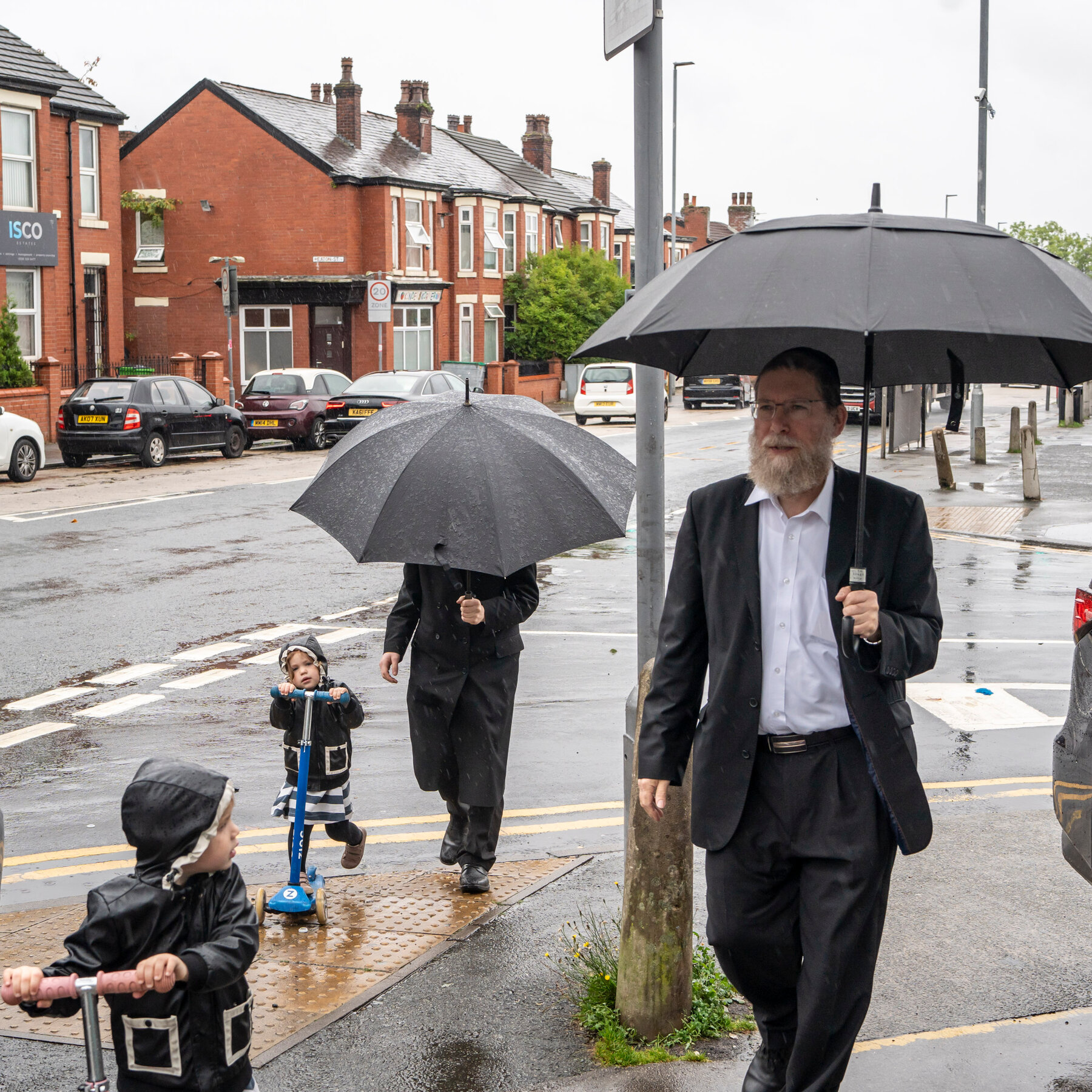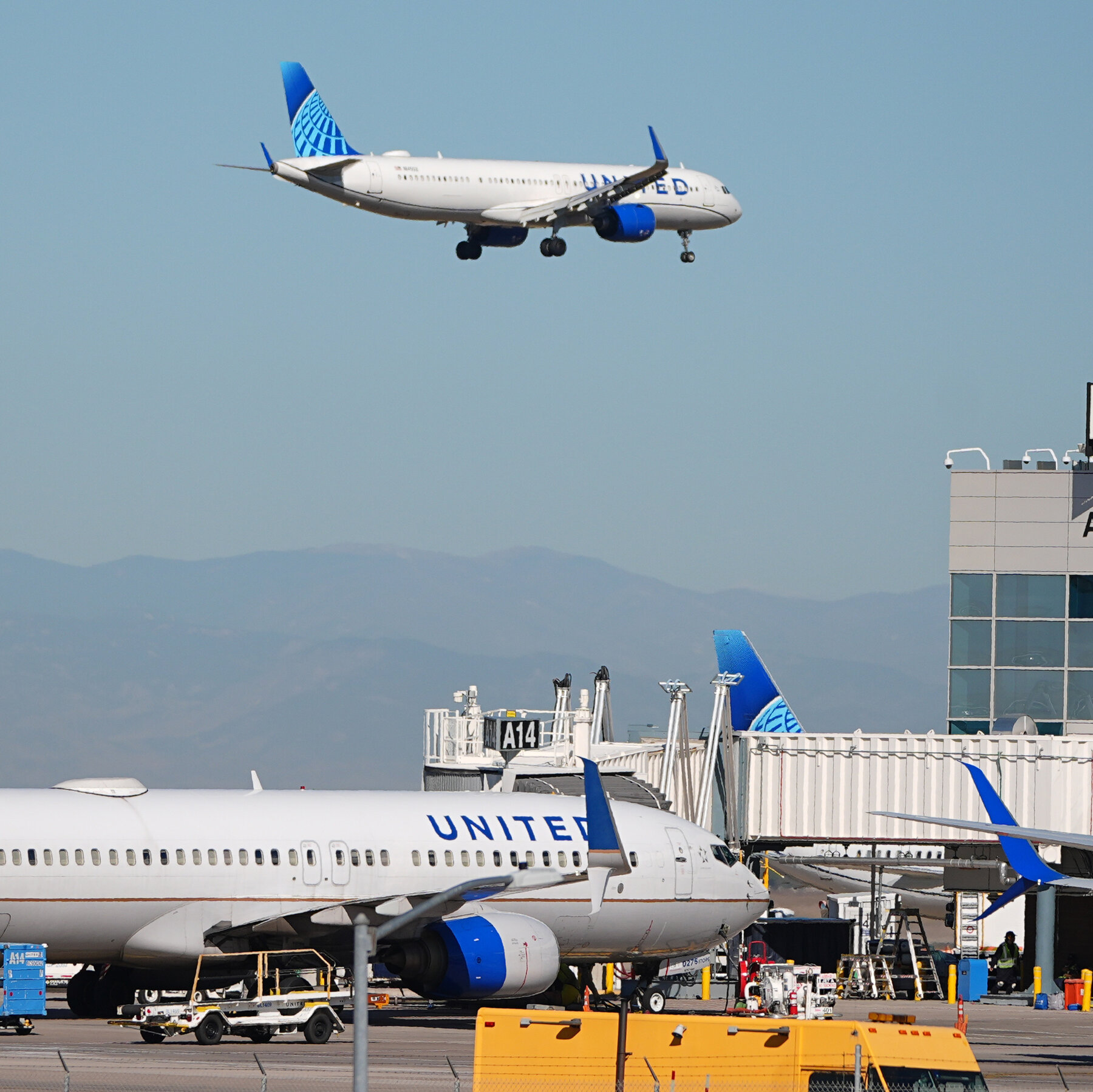Before Berlin’s Cowboys Are Booted Off Their Land, One Final Hoedown
Wild West Aesthetics Meet German Tongue
The dusty streets of Berlin, Nebraska look as if they were lifted straight from a classic Western film. Saloons with swinging doors, a lone sheriff’s office, and cowboy hats perched on every head create a vivid tableau of the American frontier. Yet, amidst the tumbleweeds and spurred boots, the conversations echo in German, a linguistic twist that has baffled visitors for decades.
Historical Roots of the German Frontier
Founded in the late 1800s by a group of German immigrants seeking new opportunities after the turmoil of the Franco‑Prussian War, Berlin quickly adopted the trappings of the Wild West while preserving its native tongue. The settlers built a German‑style Lutheran church beside a wooden corral, and the town’s name honored the capital of their homeland. Over the years, the community maintained a bilingual education system, and even today the local school teaches both English and German.
Land Dispute and the Final Celebration
Recent negotiations with a regional development corporation have placed the town’s 1,200 acres at risk. The corporation plans to convert the land into a commercial ranch, which would force the “cowboys”—the descendants of the original German settlers—to relocate. In response, the town council has organized a final hoedown to celebrate their heritage before the inevitable move.
The event, scheduled for Saturday night, will feature traditional German folk music, Bavarian pretzels, and a classic rodeo showdown. Organizers hope the celebration will draw national attention and perhaps sway the decision-makers.
What the Future Holds
While the outcome of the land dispute remains uncertain, the residents of Berlin remain resilient. “We may lose the ground beneath our boots,” says Heinrich Müller, the town’s unofficial spokesperson, “but we will never lose the spirit that makes this place uniquely ours.” As the hoedown approaches, the community invites journalists, historians, and curious travelers to witness a rare blend of Western grit and German charm—a snapshot of a disappearing slice of American history.





